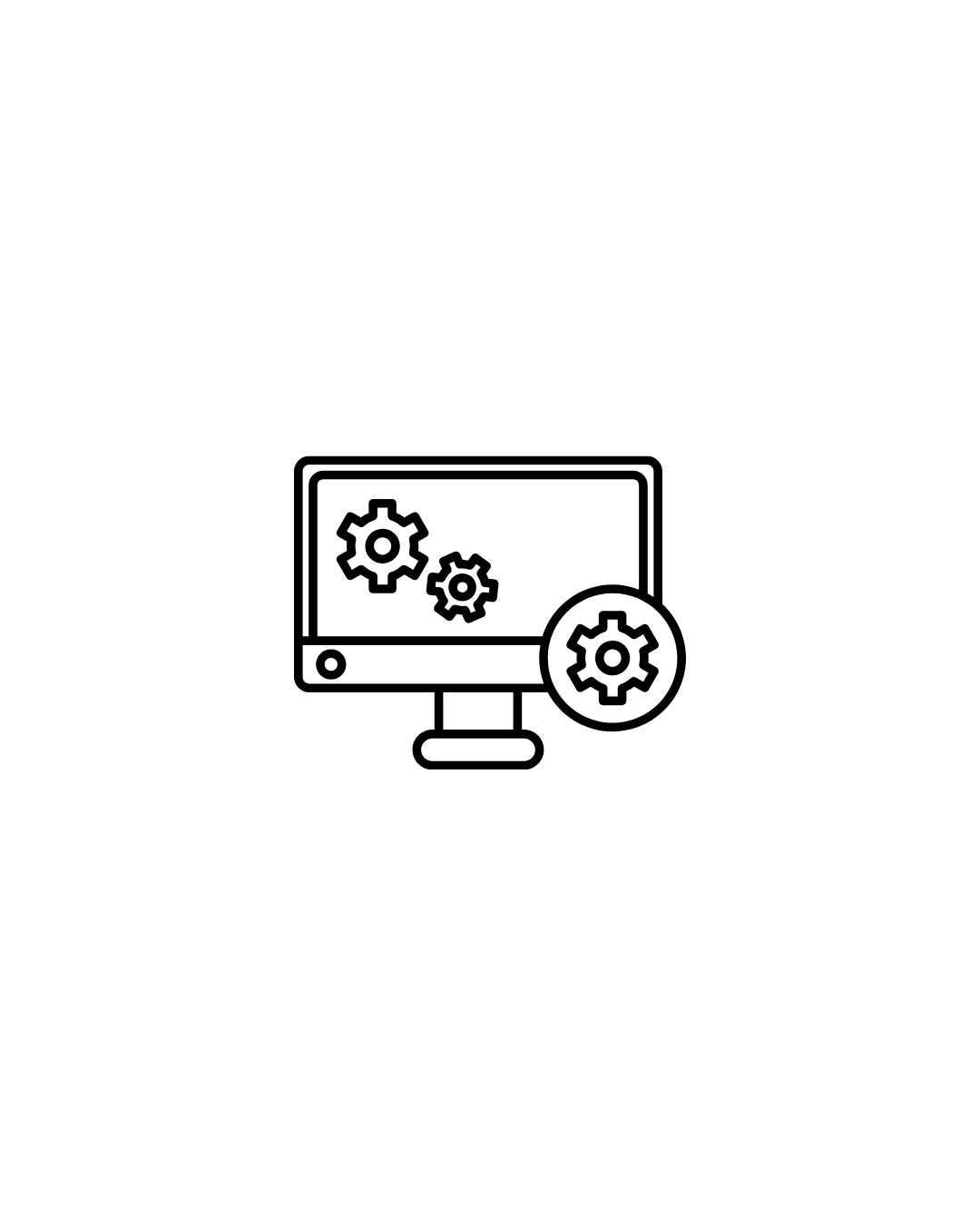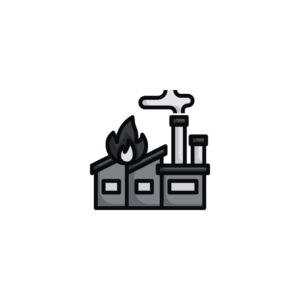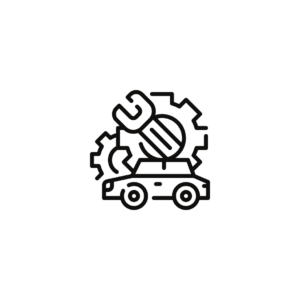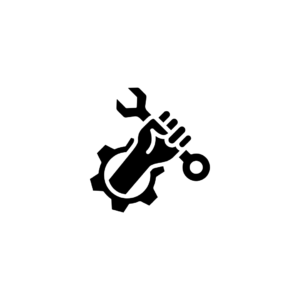Description
A Diploma in Computer Applications (DCA) is a short-term program designed to equip students with essential computer skills and knowledge related to various software applications, programming languages, and information technology concepts. This diploma is especially valuable for individuals seeking to enhance their employability in various sectors that require computer proficiency. Here?s an overview of the curriculum and potential career opportunities for graduates of a DCA program.
Curriculum Overview
The curriculum for a Diploma in Computer Applications typically covers a wide range of topics, providing both theoretical knowledge and practical experience. Common subjects include:
Introduction to Computers:
Overview of computer fundamentals, including hardware, software, and operating systems.
Microsoft Office Suite:
Training in essential office applications such as Word, Excel, PowerPoint, and Access, focusing on document creation, spreadsheets, presentations, and database management.
Programming Languages:
Introduction to programming concepts using languages such as C, C++, or Python, covering basic syntax, control structures, and problem-solving techniques.
Web Development:
Basics of HTML, CSS, and JavaScript, enabling students to create and manage simple web pages and understand web design principles.
Database Management:
Introduction to database concepts, including relational databases, SQL (Structured Query Language), and how to design and manage databases.
Networking Fundamentals:
Basic understanding of computer networks, including types of networks, protocols, and network security.
Software Engineering Principles:
Overview of software development life cycles, methodologies, and tools used in software development.
Computer Applications in Business:
Exploring how computers are used in various business operations, including data management, report generation, and automated business processes.
Information Security:
Introduction to basic concepts of cybersecurity, data protection, and safe computing practices.
Project Work/Practical Training:
Hands-on experience through projects that may involve real-world applications or internships in IT settings.
Career Opportunities
Graduates of a Diploma in Computer Applications can pursue various entry-level positions in the IT and related fields. Some potential career opportunities include:
Computer Operator: Managing and operating computers in various settings, ensuring smooth functioning and technical support.
Data Entry Operator: Entering, updating, and maintaining data in various systems or databases, ensuring accuracy and compliance.
Technical Support Executive: Providing support and assistance to users regarding computer software and hardware issues.
Web Developer: Creating and designing websites and web applications, focusing on front-end design and user experience.
Software Tester: Testing software applications for bugs and issues, ensuring quality and functionality before release.
IT Assistant: Supporting IT departments in various tasks such as troubleshooting, maintenance, and user support.
System Administrator (Entry-level): Assisting in managing and configuring computer systems and networks in organizations.
Database Administrator (Junior): Managing databases, ensuring data integrity, and performing backups and restorations.
Office Administrator: Utilizing computer skills for administrative tasks, such as documentation, organization, and communication.
Freelancer: Offering services in areas such as web development, programming, or data management on a freelance basis.
Further Education
Graduates may also opt to pursue higher education, such as a Bachelor?s degree in Computer Science, Information Technology, or related fields. This can lead to advanced career opportunities and specialization in various areas of technology.
If you have more specific questions about the curriculum, career paths, or any other aspects of a Diploma in Computer Applications, feel free to ask!









